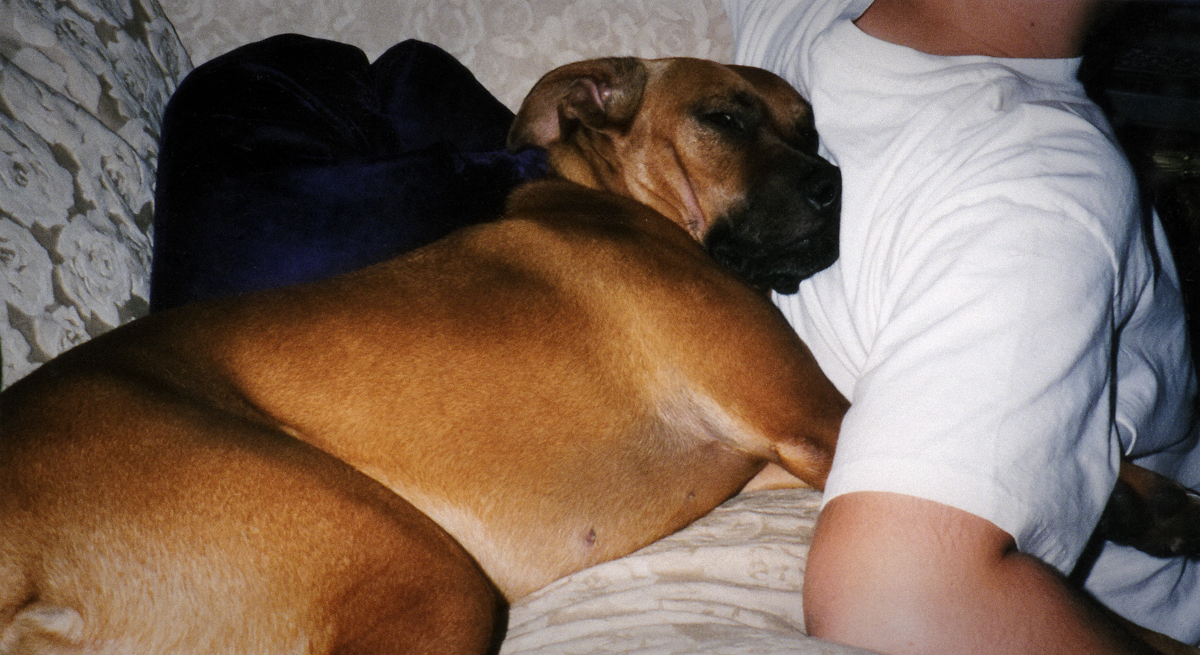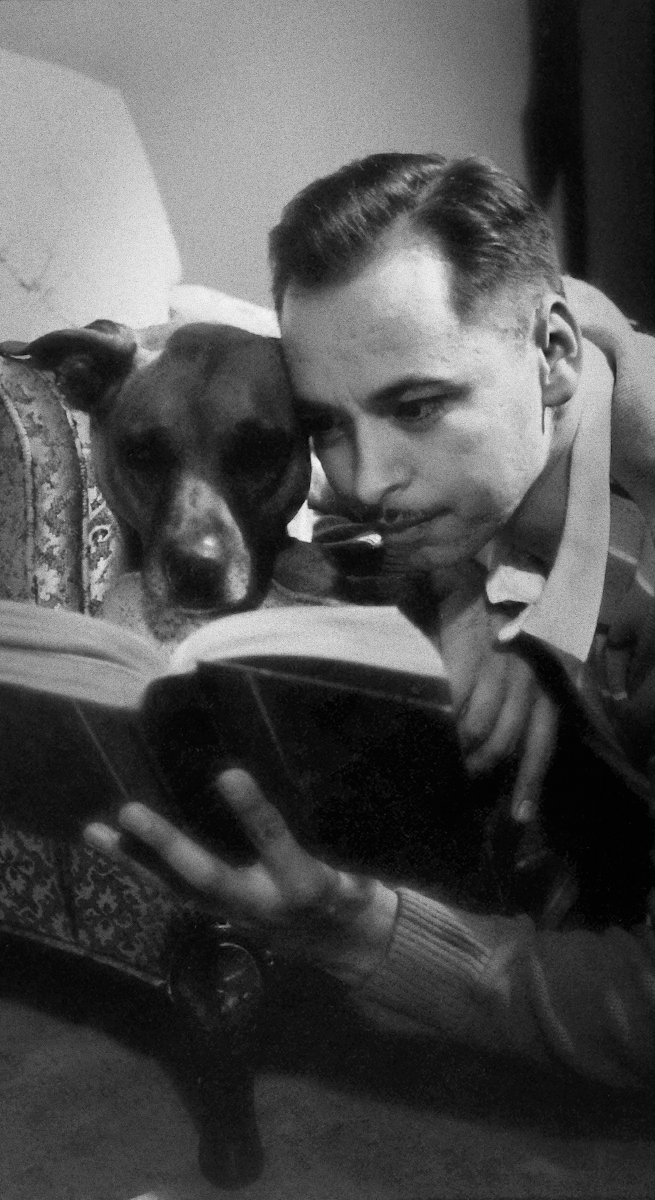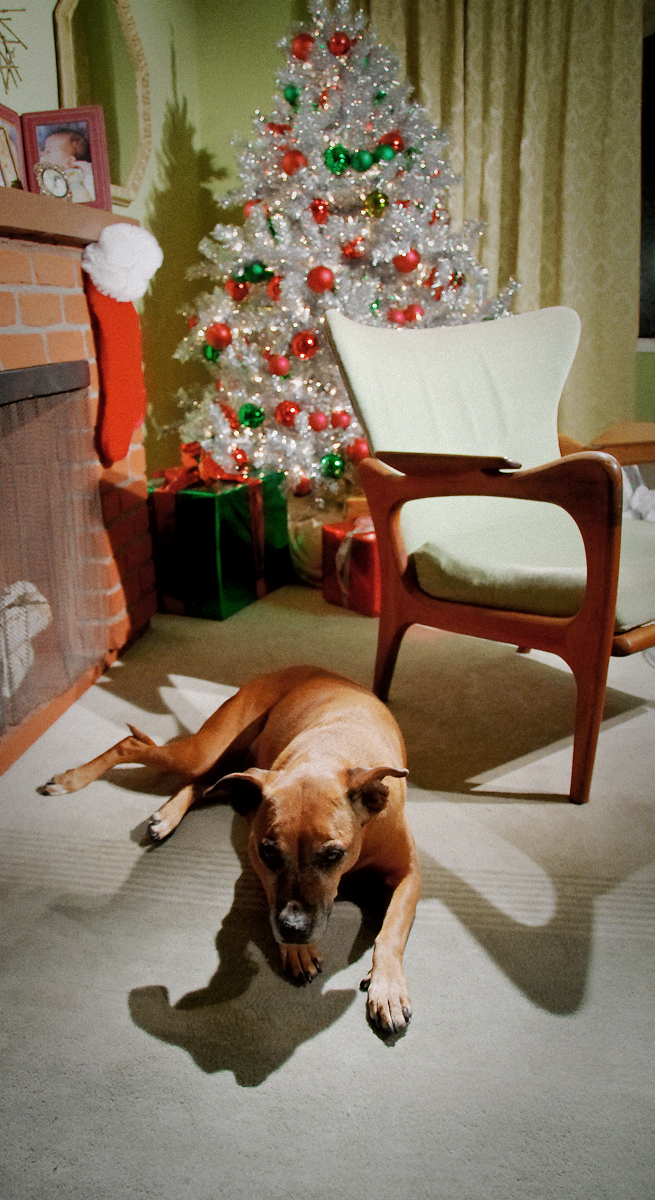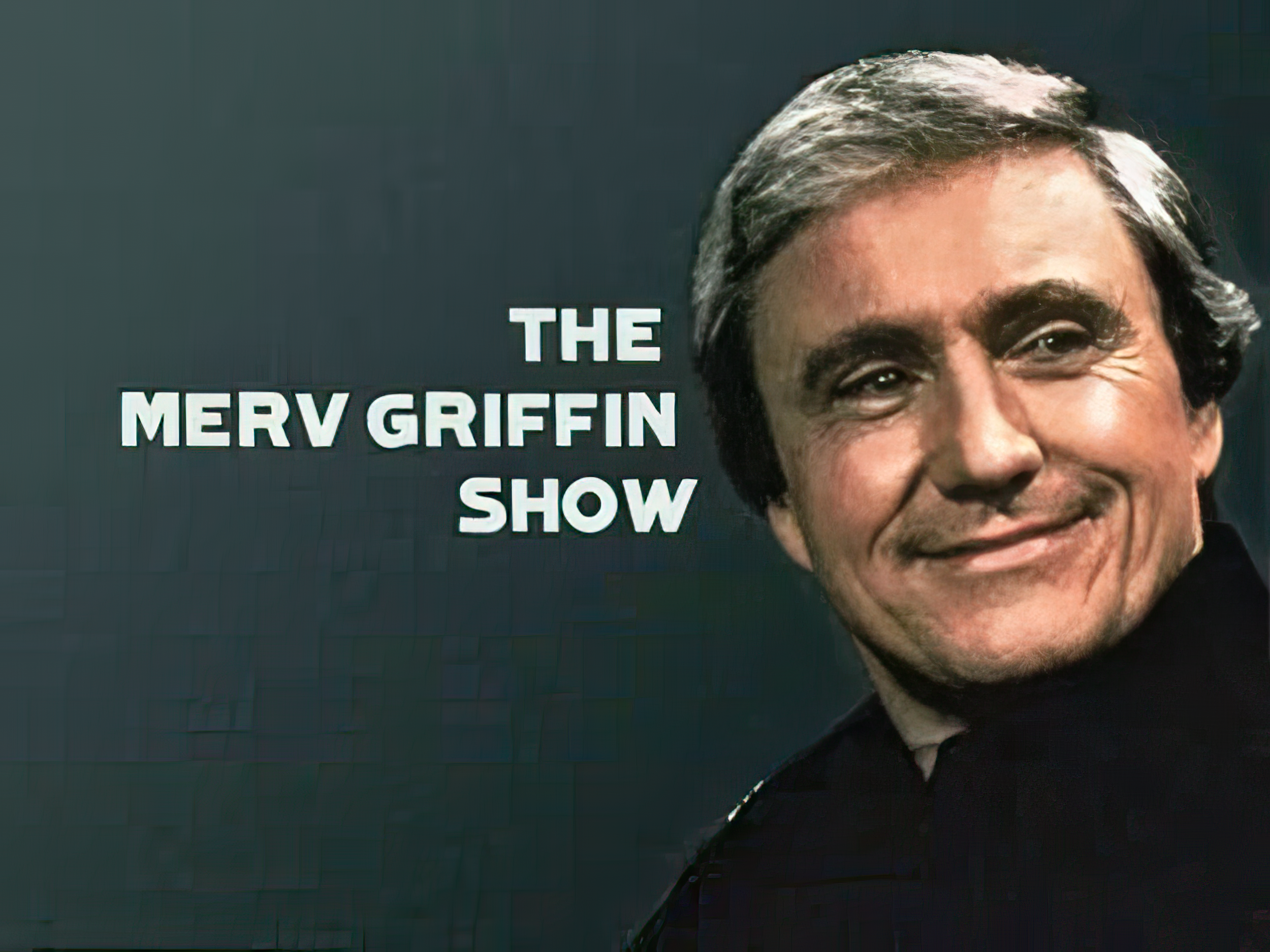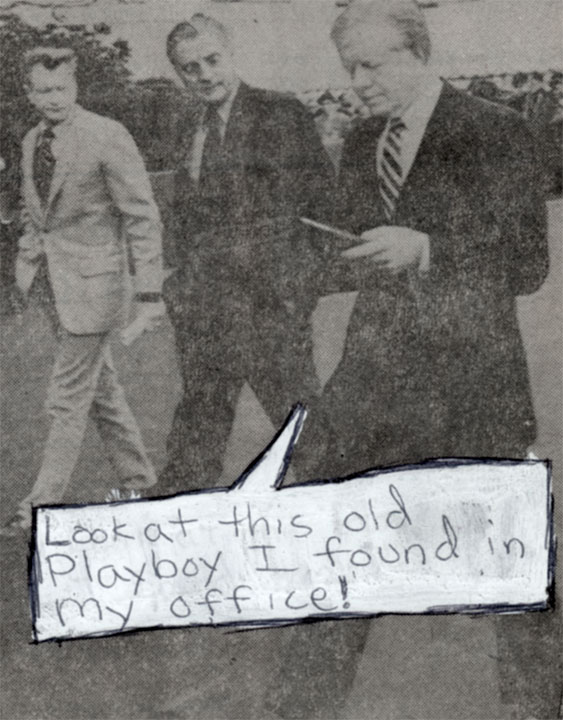"Do not – I repeat – do not bring another dog into this house," I commanded Karissa. "We barely have room enough for the one we've got."
Seriously. She and I were stuffed into a guest house that was no larger than 900 square feet, each of the four rooms (living room, bedroom, restroom, kitchen) was roughly the size of a walk-in closet. The place was so small that, frankly, I couldn't believe she brought our other dog, Bailey, home in the first place. Bailey was a lovely animal, athletic, sweet, and eager for attention. But she was a tornado of nervous energy and every inch of our modest home was covered in long, fine border collie fur.
"Bailey does not need a sister. Under no circumstances are you to get another dog. But if you do – and I'm not saying you should, because you shouldn't – just make sure she has short hair."
The next day, Karissa walked in with another dog. "You said to make sure her hair is short!" I wasn't surprised, of course, but this turned out to be one of the only times that I am grateful to have been ignored.
Even as I started falling for that cocky little brat with the savage tail and the mischief in her chocolate eyes, I emphatically expressed my disapproval. Consequently, I came home from work the next day to find that Karissa had taken her back. "You did what? No, no, no, you've got to go back there and get her. That poor thing is gonna have a complex.”
And thus began one of my most enduring and cherished friendships. I called her Beatrice because her name couldn't have been anything else, and we appreciated each other instantly. While we shared a passion for people and bread, we also shared a rebellious streak and contempt for authority. In order for this to work out, we couldn't pursue the standard owner/pet dynamic; our relationship would have to be based on mutual respect and consideration. While it was implicitly understood that I would always get the final say, she would nonetheless defiantly stand her ground when she felt strongly about something, a quality I can't help but admire.
Over the next 16 years, she would see me at my very best, my very worst, my most depressed and ecstatic. She knew where all the bodies were buried and in which cabinet the treats were stored. She stood by me during some of my greatest hardships and shared some of the happiest days of my life. Her sense of humor was not just sophisticated for a canine; she was funnier than most of the people I know. She lived her life almost as though she had something to prove, and as a result she has become the standard by which all future pets will be judged. I don't envy those future pets.
She was adored by everyone who came in contact with her. And it was no wonder. She radiated love, enthusiasm and explosive vivacity. She absolutely loved parties, greeting each guest enthusiastically and working the room with the skill and grace of a debutante. But as anyone who has been to one of our parties can tell you, she would also occasionally clear a room with one of her nuclear-powered farts.
Oh, they were not reserved exclusively for parties. With the resolve of Harry Truman, at any time and without warning, she might drop a bomb during dinner, movie night or a road trip. If she had gone to church, she would have farted there, too. Like any worthy punchline, it would happen when you least expected it and invariably produce equal parts shock and laughter. Along with her other, less smelly qualities, it became something of a trademark.
We eventually moved out of the shoebox in Atwater Village and into the house in Burbank where Bea would spend the rest of her life. On the day of the move, Karissa was in Nashville composing songs for her album, so I got to do the honors. I unlocked the door and let Bailey and Beatrice into the house for the first time. I let them sniff around for a bit before introducing them to what I knew was going to be a terrific surprise.
They followed me to the back door, and upon seeing our new, spacious backyard – many times the size of the one in Atwater – they shot out like rockets and sprinted around the perimeter several times. I stood on the patio, thrilled to witness such joy over something so simple. After a few laps, they ran over to me, staring inquisitively, wondering whether they could stay. I nodded, and in unison, they once again bolted out into the yard, circling and wrestling until they finally collapsed on the lawn, panting and exhausted.
Bailey and Beatrice were pretty good friends, but Bea was entirely too stubborn to accept her sister's assumption of the alpha role. This led to many conflicts and an increase in aggressive behavior on Bailey's part. While Beatrice was fast, sturdy and incredibly strong (in her prime, she could jump high enough for her eyes to meet mine), Bailey was also strong and had the additional advantage of being more than a little crazy. Really. One day I came home to find her bloodied and stuck in a window pane, having tried unsuccessfully to jump through it. Bailey's frustration came to a head one day when Karissa, seven months pregnant with Scarlet, had to break up a fight she'd picked with Beatrice.
Bailey's behavior had become so erratic and violent that we didn't feel that we could trust her with our impending newborn. We made the very tough decision of returning her to the Amanda Foundation, a no-kill shelter where (unless someone adopted her) she would live out the rest of her life. This was tougher on Bea than we'd anticipated. Despite the unwarranted attacks and the scars of battle, she missed her sister. But within a couple of months, she'd have a new companion that would treat her far more nicely.
As sweet and loving as Beatrice had always been, we were still nervous about how she would react when we brought Scarlet home from the hospital. The doctor suggested I first take home a blanket so she could get used to the baby's scent, which I did. When I first carried Scarlet through the door, Bea was there to greet her with a mix of curiosity and her usual enthusiasm for meeting new people.
Her love for Scarlet was immediately apparent and from that day forward, she no longer slept all night in our bed, choosing to lie down at the foot of the crib, standing guard. The introduction of a child into our home meant that Beatrice would no longer be a primary focus in our lives. But she accepted this inevitability with admirable dignity, seamlessly redefining her role in the family from pampered darling to vigilant caretaker. Her position in our family remained intact, of course; our visiting friends would be just as attentive to her as the baby, and the grandparents continued to spoil her just as much as they had before Scarlet arrived.
Her love for Piper was just as great, although in her advanced age she was a bit wary of the Cub's spirited playfulness, much as an uninitiated house guest might have reacted to the crazed play-barking and tooth-baring leaps of her youth. Still, Beatrice could be found at the foot of their trundle bed every night until it became too difficult to get herself there.
Despite snapping a tendon in one of her hind legs a few years ago (it eventually healed itself), Beatrice maintained the same level of excitement, playfulness and athleticism for almost all of her life. Her walks would become more leisurely, her hearing would diminish considerably, her jumps would one day clear the ground by only a few inches and her tail wouldn't pose the threat to wine glasses that it once had, but she was still adamantly Beatrice.
This last year, her body became increasingly unable to keep up with her will. Her mind was still sharp and playful, but her legs were failing her. Even in her last moments, she refused to accept that she was no longer in control, her mortality being the final and decisive challenge to her rebellious spirit.
For a few months, I'd been awaiting and dreading a clear sign that it was time to stop her suffering. She made it very difficult. Despite the increased frequency of her troubles, Beatrice remained defiantly independent, standing upright mostly just to show her body who was boss. But she was losing this fight more and more often, and was looking more openly burdened and scared. Last week, I started making a bed for myself on the living room floor, so I could sleep next to her and try to keep her from hurting herself in the middle of the night.
Her appetite withered, and she started to reject even her favorite treats. It became clear that the time had come, so I made the decision that we would take her to the animal hospital Monday afternoon, December 12th. Sunday we explained to the kids what was going to happen so they would have the opportunity to say their goodbyes and spend one last evening with her. They took it about as well as you might imagine. Scarlet wrote in her journal and cried. Piper wrapped her arms around Bea's neck and cried. In fact, we're all still crying.
I carried Bea down the steps into the backyard so she could pee before bedtime. She hobbled to the middle of the lawn, did her business, then stared at the house for several minutes. She turned to have a long look at every part of the yard before making her way back to the steps. I carried her back up, placed her on the hardwood floor and she visited every room of the home she'd lived in for most of her life, taking it all in one last time. I made my bed on the floor again, this time joined by Scarlet on one side, while Beatrice slept restfully on my other side.
I'd planned to take Beatrice to the beach in the morning and spend the day with her there before taking her in. She loved the beach. She would chase the waves back into the ocean, barking at them like a maniac, then run away from them as they rolled back to shore. She hated water in most forms – baths, sprinklers and rainy days – but hopping around in the ocean was her idea of a good time. Naturally, it rained all day Monday, so we spent our last few hours together cooped up in the house.
The time for the appointment snuck up on us. Karissa and I dropped the kids off with our friend Jesse, and headed to the Media City Animal Hospital with Beatrice. The room was prepared by the time we got there, so I carried her from the van and set her on the table. She somehow knew what was coming. She refused to sit or lie down, commanding every ounce of resolve to remain steadfastly on her feet. The doctor injected her with a sedative to calm her and make her sleepy, then left us alone with her for a few minutes.
True to form, Beatrice stood her ground. Even as her eyelids began to close, she remained defiantly upright. Karissa stroked her fur and manned the Kleenex box. I spoke into her ear, repeating a sentiment that I'd shared with her since she first came into my life. "I love my Bea. Yes, I do."
Then she farted.
I finally coaxed her into lying down, just as the doctor came in to administer the final injection. And within minutes she was gone.
Karissa and I stepped back out into the rain and headed back home, where everything reminded us of the friend we had just lost.
Even as I write this, I'm overwhelmed by the silence. By her conspicuous absence. By the countless happy memories that I never would have had if Karissa had never brought her home.
I love my Bea.
Yes, I do.



